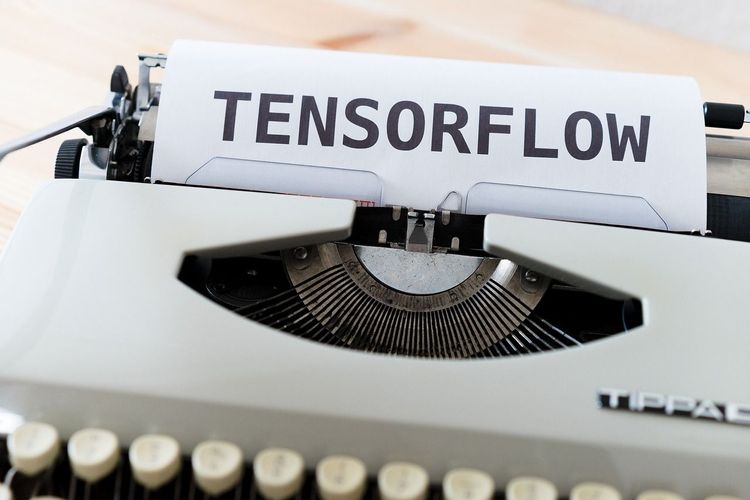DeepMind's Ambitious Drive to Create the World's Most Powerful AI Mathematician
Google DeepMind is on a groundbreaking mission to develop the world’s strongest AI mathematician. Perplexity AI's CEO has boldly predicted that if DeepMind continues its current trajectory, it could create an "AI version of Terence Tao.” This assertion is notably audacious, considering Tao's legendary status in the IMO (International Mathematical Olympiad) community and the wider mathematical world. Referred to as a “prodigy” and the “Mozart of mathematics,” Tao first competed in the IMO at the age of ten—the youngest contestant ever. He earned a bronze medal at ten, a silver at eleven, and a gold at twelve, becoming the youngest gold medalist in IMO history.
Recently, DeepMind’s AI tools, particularly AlphaGeometry 2, showcased impressive capabilities by solving four out of six problems in an examination, narrowly missing the gold medal by just one point with a score of 28. In a remarkable demonstration, AlphaGeometry 2 solved a geometry problem in an astonishing 19 seconds, a news that has left a lasting impact on both the AI and mathematics communities.
The mathematical community has reacted with intrigue. Terence Tao himself offered insights, focusing on how AI and mathematics can evolve together rather than fixating on the idea of an “AI Terence Tao.” Acknowledging DeepMind’s significant achievements, he highlighted how their work has expanded the boundaries of AI-assisted and fully automated approaches in benchmark challenges, reshaping our expectations in this space. Notably, geometry problems at the IMO level are now regarded as practical challenges for specialized AI tools.
Tao emphasized that AI can now formulate and discover proofs through reinforcement learning, indicating that many IMO-level problems can be tackled by AI—with the caveat that substantial computational resources and human support are still often required for each problem. This breakthrough paves the way for greater automation in formal mathematics, which could significantly benefit research that involves formal components.
DeepMind's innovative approach relies more heavily on reinforcement learning rather than large language models, taking cues from the foundational principles established by AlphaGo. Tao’s reflections extend to the implications of AI’s growing mathematical prowess and its transformative effects on education and employment.
As AI systems like AlphaProof and AlphaGeometry 2 are proving adept at major mathematical competitions, experts in the field are contemplating the broader consequences. Po-Shen Loh, a CMU mathematics professor, expressed his astonishment at the developments, likening the moment to the launch of Sputnik. He underscored that the rise of highly capable AI necessitates a shift in educational focus, allowing students to tackle new, unseen problems—a critical skill in an AI-driven future.
This moment raises important questions about employment, innovation, and the essence of human creativity. With AI’s potential to replicate and surpass human abilities, there’s a pressing need for societies to establish collaborative environments, fostering support rather than competition. Loh's extensive experience in mathematics and competitive environments reinforces the urgency of these discussions.
DeepMind celebrated the success of its AI models, AlphaProof and AlphaGeometry 2, during the 2024 IMO. The teams celebrated each milestone with tradition by ringing a gong, signaling groundbreaking achievements in mathematical reasoning. During the competition, human finalists earned top distinctions, but AI managed to solve four out of six problems, proving its remarkable capabilities.
The integration of AI in tackling complex mathematics stems from a commitment to collaboration with world-class mathematicians. As one leading researcher pointed out, the combination of creative reasoning, the need for precision, and the abstract nature of mathematics creates an ideal testing ground for theoretical advancements, pushing the boundaries of what is possible in both AI and mathematical research.
In summary, DeepMind's advancements herald a new era for mathematics, where AI not only serves as a powerful tool but potentially becomes an integral partner in the exploration and understanding of complex mathematical concepts. This collaboration could redefine the landscape of mathematical research and education, promising a blend of innovation, creativity, and insight that could resonate deeply within the mathematical community and society at large.







